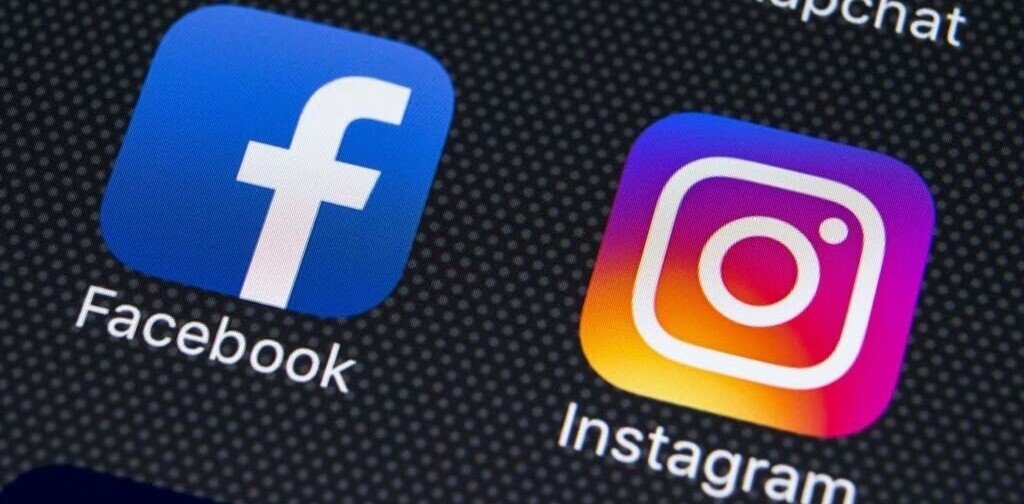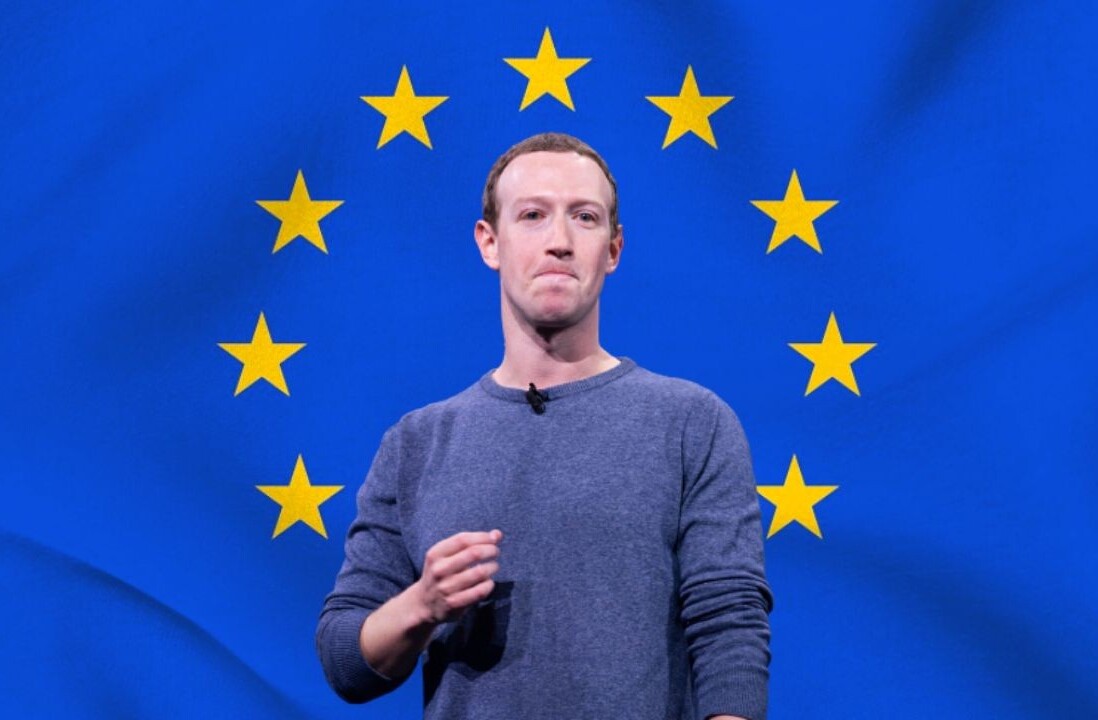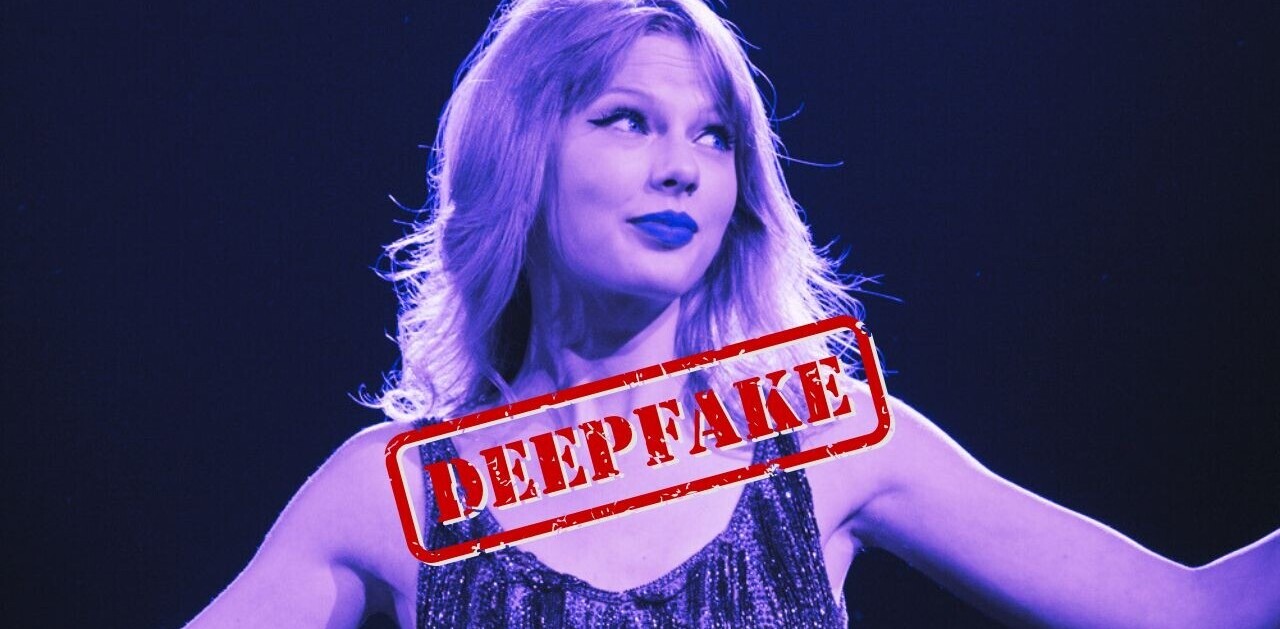
Almost a month after announcing Facebook’s plan to acquire it, WhatsApp today published a blog post titled “Setting the record straight” in which co-founder and CEO Jan Koum attempts to address concerns about how the transaction will impact the popular messaging app. Koum starts off by thanking everyone who covered the news, but quickly moves to discuss the “inaccurate and careless information circulating about what our future partnership would mean for WhatsApp users’ data and privacy.”
Koum explains that private communication is personally important to him since he grew up in the USSR during the 1980s, where his family couldn’t speak freely on the phone without fearing their communications would be monitored by the KGB. He noted one of his strongest memories from that time is a phrase regularly said by his mother: “This is not a phone conversation; I’ll tell you in person.”
The post further explains that privacy is part of WhatsApp’s DNA: the app doesn’t ask for your name, email address, birthday, home address, where you work, your likes, what you search for on the Internet, nor your GPS location. Since that data isn’t collected, it can’t be stored by WhatsApp. Koum says his company has “no plans to change that.”
In fact, he explains that was part of his decision to let Facebook buy WhatsApp:
If partnering with Facebook meant that we had to change our values, we wouldn’t have done it. Instead, we are forming a partnership that would allow us to continue operating independently and autonomously. Our fundamental values and beliefs will not change. Our principles will not change. Everything that has made WhatsApp the leader in personal messaging will still be in place. Speculation to the contrary isn’t just baseless and unfounded, it’s irresponsible. It has the effect of scaring people into thinking we’re suddenly collecting all kinds of new data. That’s just not true, and it’s important to us that you know that.
That’s exactly why Facebook and WhatsApp regularly refer to the deal as a “partnership” rather than an acquisition. The real question is: will the app’s users trust Koum and WhatsApp more than they don’t trust Zuckerberg and Facebook?
See also – Bill Gates says Microsoft also wanted to acquire WhatsApp, calls price ‘higher than I would have expected’ and WhatsApp is leading the mobile messaging battle, but will it win the war?
Get the TNW newsletter
Get the most important tech news in your inbox each week.




